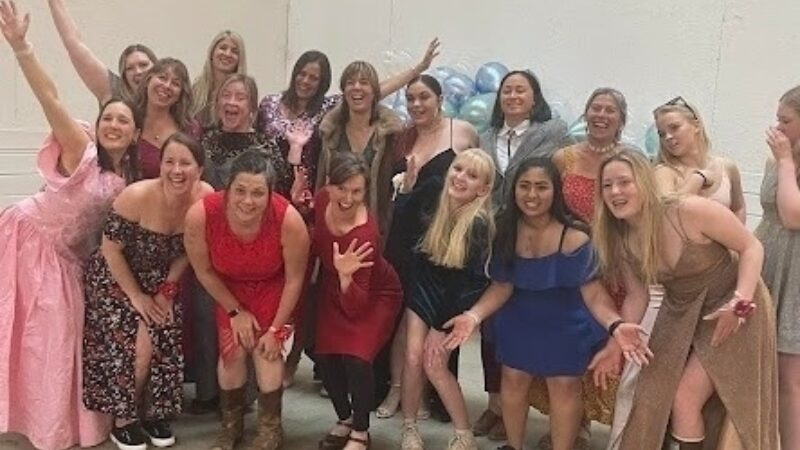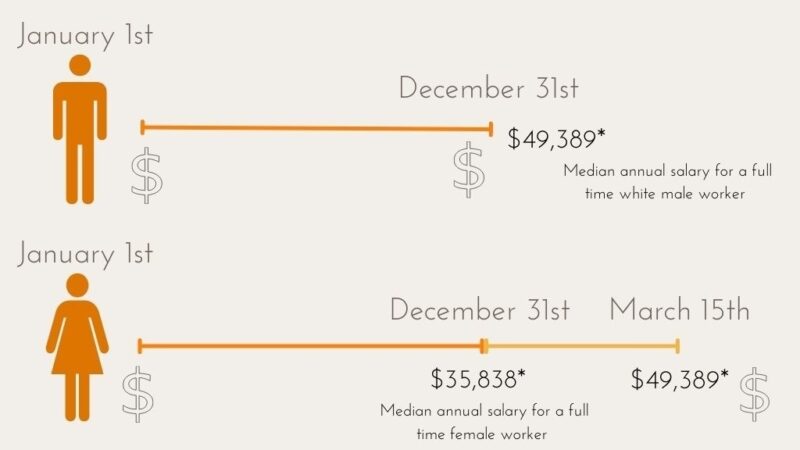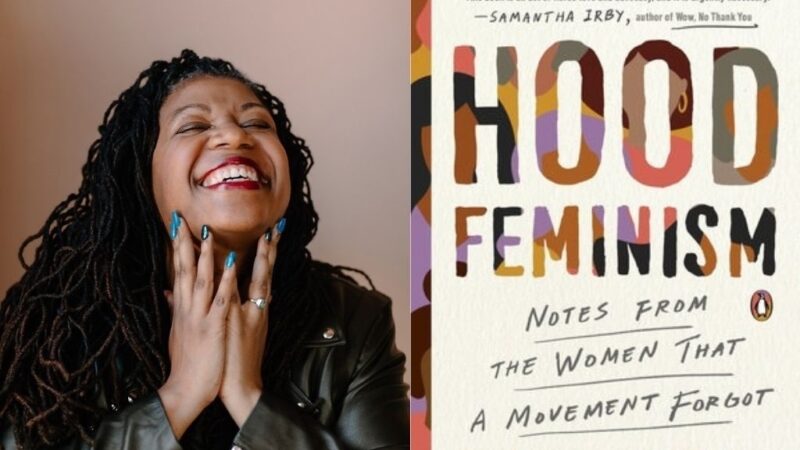PowerHouse Blog
Is Nontraditional for You?
July 21, 2020 | By Erika Rasmussen

The U.S. Department of Labor defines a non-traditional career for women as one in which 25% or less of those employed in the field are women. There are still over 100 occupations that fall into this category from architecture and construction, to firefighting and computer programming.
The lack of women in these careers matters because nontraditional careers for women often start at higher wages and pay 20-30% more over time. In addition, many are careers that offer the opportunity for more benefits and unionized labor. That means more equity in pay and opportunity. Finally, many nontraditional careers for women do not require as much of an investment in education and training, meaning less student loan debt in the long run.
Interested in learning more about nontraditional careers for women? This article has some great information to get you started. Start by thinking outside the box. What jobs do you see advertised that pay well, but you have never considered because it just seemed too challenging or scary? What would make that job possible for you? Two common approaches to exploring these careers are:
- Apprenticeship: One of the best ways to get started in many non-traditional careers for women is through an apprenticeship. You can learn more about how to become an apprentice in Montana here.
- Mentorship: Consider reaching out to someone in your field of interest to find out about their experience and if the job could work for you. PowerHouse Montana is a great place to start!
Interested in sponsoring an apprentice in your business or organization? You can learn more and possibly qualify for funding from the State of Montana here. Right now the federal government also has an exciting opportunity for funding available through the WANTO (Women in Apprenticeships and Nontraditional Occupations) Program.
While we advocate for workplace reforms to ensure women’s traditional work becomes more highly valued in the future, it also moves us toward equity when more women move into careers that have historically been dominated by men.



